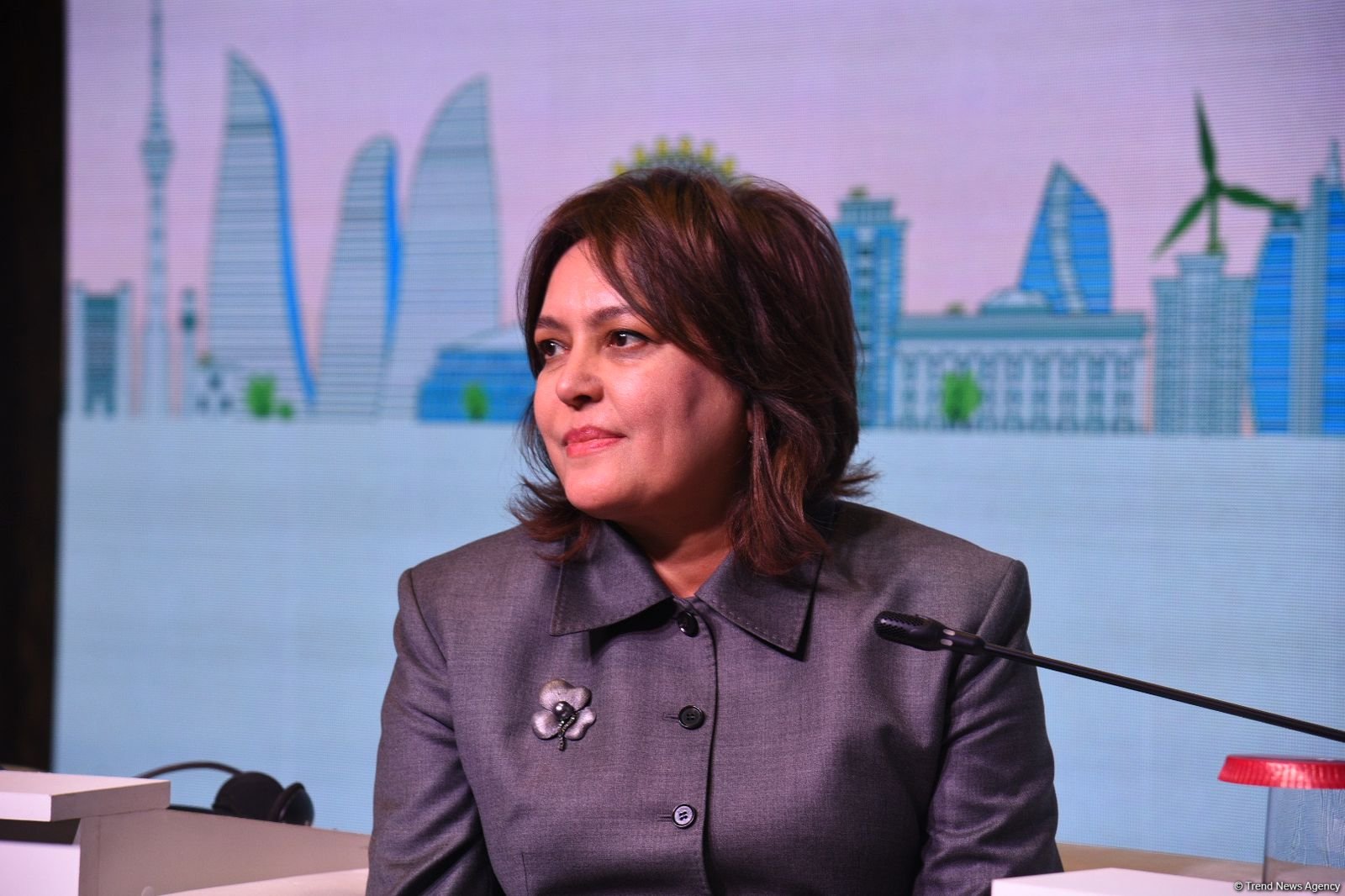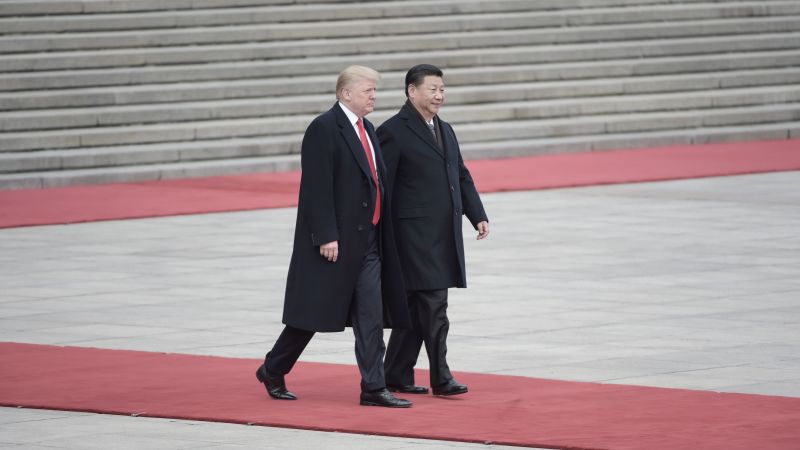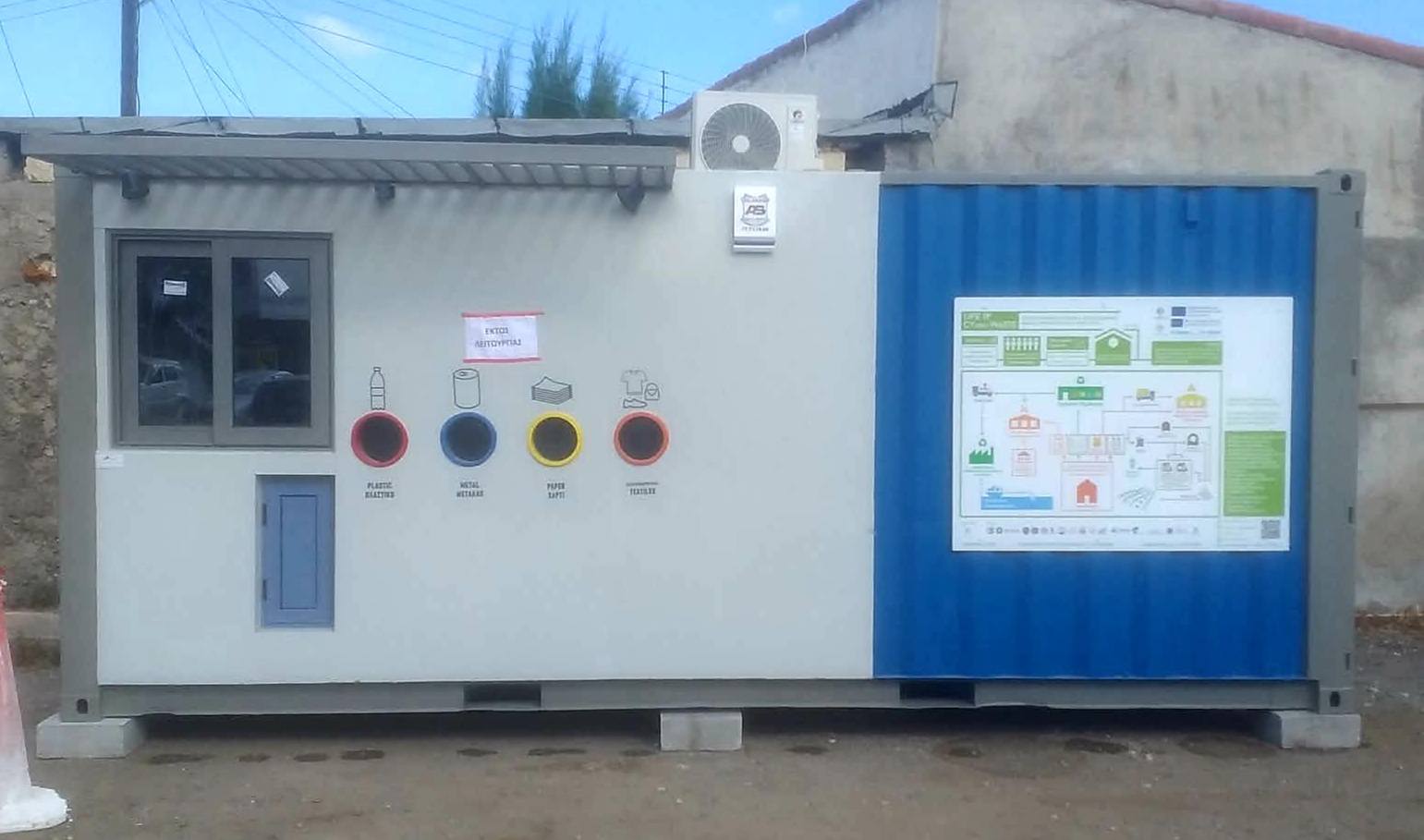By Aygun Baliyarli
Copyright trend

BAKU, Azerbaijan, September 29. Azerbaijan has
committed to transforming the territories of Karabakh and Eastern
Zangezur into net-zero emission zones by 2050, Azerbaijan’s Deputy
Minister of Ecology and Natural Resources, Umayra Taghiyeva said,
Trend reports.
She made the announcement at an international conference held as
part of Baku Climate Action Week.
“To achieve this goal, we are implementing initiatives such as
green energy zones, sustainable agriculture, eco-friendly
transport, smart cities and villages, as well as large-scale
reforestation programs covering thousands of hectares,” she
Taghiyeva noted that the strategy will focus on sustainable
forest management, expanding green areas, improving
hydrometeorological monitoring and early warning systems, improving
air quality, developing waste management, protecting biodiversity,
soil resource restoration, and combating climate change through the
strengthening of environmental control mechanisms.
According to Taghiyeva, a reliable legal and regulatory
framework, effective institutional mechanisms, and sustainable
policies are important for accelerating the green transition, while
regulation should not only restrict but also stimulate innovation
and green investment.
“For example, Azerbaijan’s Ministry of Ecology and Natural
Resources has prepared a draft law on regulating greenhouse gas
emissions. This law will create a system for registering emissions
and accounting for them through the Emissions Trading System (ETS)
and will help us meet our commitments at the national level.
Another step is the development of rules for waste regulation and
management, which are currently undergoing interdepartmental
coordination,” Taghiyeva explained.
The deputy minister added that work is underway to create
conditions for attracting “green” financing, developing carbon
markets, and strengthening climate risk management.
“In short, Azerbaijan is forming a comprehensive and
forward-looking system to address climate change, protect the
environment, and ensure a sustainable future for future
generations,” Umayra Taghiyeva concluded.



